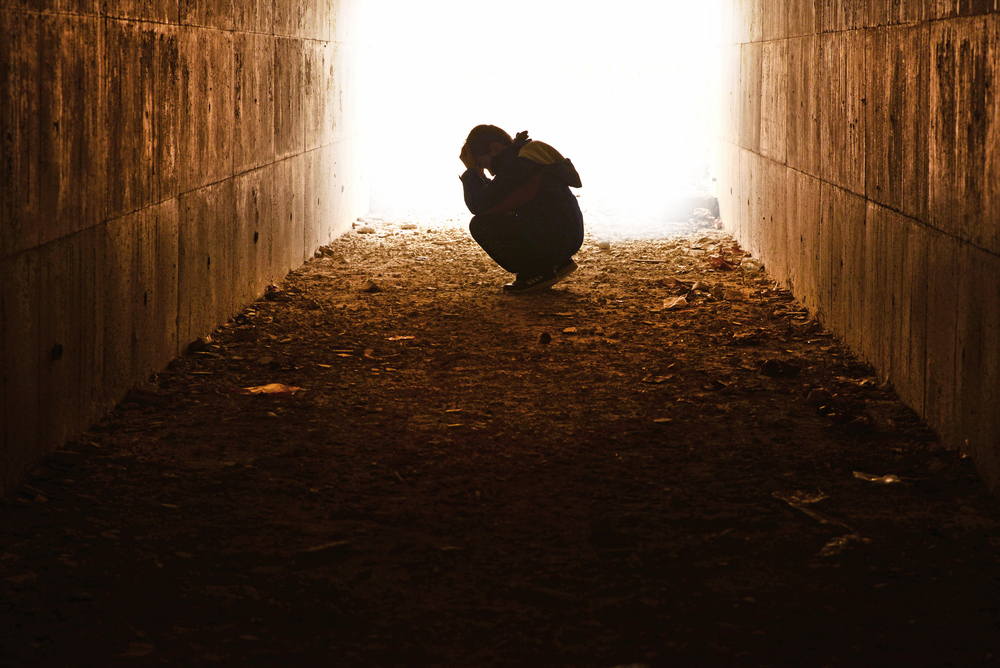 Your teenager is going through a lot. Problems that may seem simple for adults can feel much more burdensome for teens. But when your teen's behavior persists or changes severely, they may have other underlying issues.
Identifying the symptoms early will allow you to navigate the emotional landscape of your troubled teen better. Then, it's time to explore the intervention options.
Your teenager is going through a lot. Problems that may seem simple for adults can feel much more burdensome for teens. But when your teen's behavior persists or changes severely, they may have other underlying issues.
Identifying the symptoms early will allow you to navigate the emotional landscape of your troubled teen better. Then, it's time to explore the intervention options.
Common Behavioral Issues of Troubled Teens
What type of behavior indicates the presence of teenage troubles?Constant rebellion and defiance
Not following your advice and rebelling against your orders are typical teenage behavior. However, you must pay attention when these behaviors are accompanied by anger and other negative emotions. If their behavior escalates to a level where the teen's well-being is severely impacted, it's time to seek help.Academic struggles
Struggling academically can indicate your teen's inability to absorb school material. Usually, this happens to only one or two subjects. But if your teen's academic performance declines across many subjects and they don't show interest in their assignments, it can be a symptom of trouble. Also, check for frequent absences. Their absence from school can indicate a more significant issue that requires attention.Substance abuse
Teens can be curious enough to try something like smoking or drinking. But it would be a red flag if your teen suddenly starts acting secretive; locking themselves in, not wanting to share their belongings with anyone, and calling mysterious persons are some indicators. This behavior could point to something more severe than alcohol or tobacco. They may be abusing other substances.Mental health struggles
Troubled teens often grapple with mental health issues. It can start with anxiety, but it usually escalates into something more serious. Watch out for other markers like extreme mood swings and loss of interest in social interaction. Your teen can also engage in reckless behaviors to show how unsettled their emotions are. If you notice these symptoms persisting and intensifying, the time for intervention has arrived. Approach your teen and address these issues with sensitivity and openness.When Parents Should Act
Trust your instincts when deciding when to act. After observing their teen's behavioral pattern, most parents will know when to perform an intervention. Some warning signs that you can no longer ignore are the following:- Your teen's physical health is affected, and they become unhealthy
- Your whole family dynamics change and your other children also suffer
- Your teen's behavior has started to become destructive, risking themselves and others
- Your teen's behavior has involved the larger community, such as the school or authorities


Leave a Reply